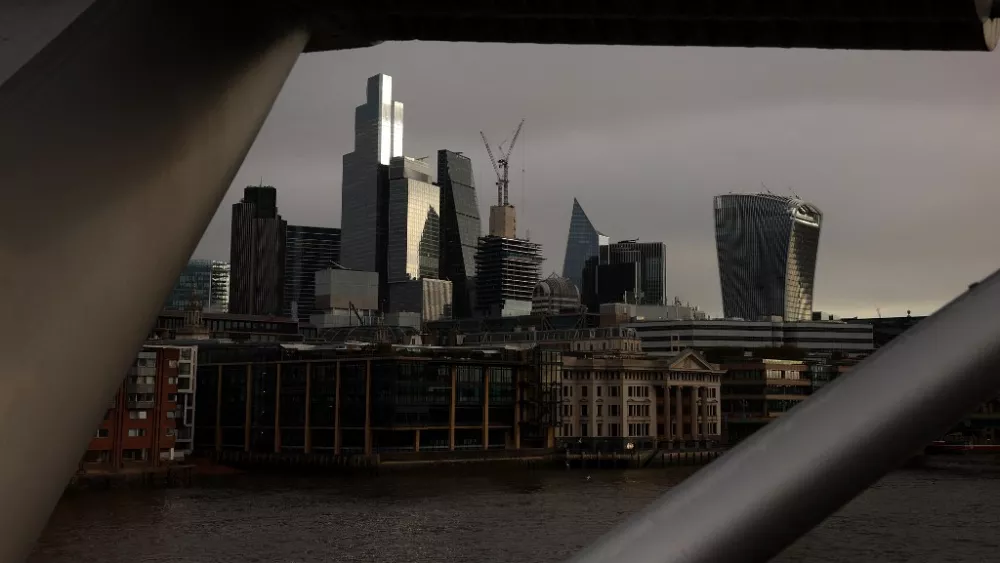A recent British parliamentary report has brought to ligh the UK's role in facilitating corruption among Central Asian elites, particularly through its influential financial sector. The report underscores the government's complicity in the persistence of corruption and kleptocracy in Kazakhstan, Kyrgyzstan, Tajikistan, Turkmenistan, and Uzbekistan.
Focusing on the flow of illicit funds originating from these Central Asian countries, the report draws attention to the intricate connections between drug trafficking and regional conflicts. The parliamentary Foreign Affairs Committee, in its publication last week, emphasized the complex nature of drug trafficking, highlighting the intertwining interests of ruling elites, organized crime, and the trade itself.
Acknowledging the role of the City of London, the report pointed out that funds derived from drug trafficking often transit through this financial hub, with the UK identified as a likely destination for the illegal substances. The MPs responsible for the report criticized the UK's inadequate efforts in prosecuting financial crimes, underscoring the significant financial advantage enjoyed by oligarchs compared to law enforcement agencies.
The report also referenced a 2021 Transparency International report, affirming that corruption pervades Central Asia, ranking several countries in the region among the most corrupt globally. The Foreign Affairs Committee accused the UK government of being complicit in the economic plundering of Central Asian economies by failing to curb the flow of illicit finance through its financial system.
Additionally, the report shed light on how some Central Asian states assist Russia in evading Western-imposed sanctions following its invasion of Ukraine. The committee urged the UK to collaborate with Central Asian countries to repatriate misappropriated funds and to close off avenues that allow entities involved in sanctions evasion to exploit the City of London and UK services.










Trackbacks and Pingbacks